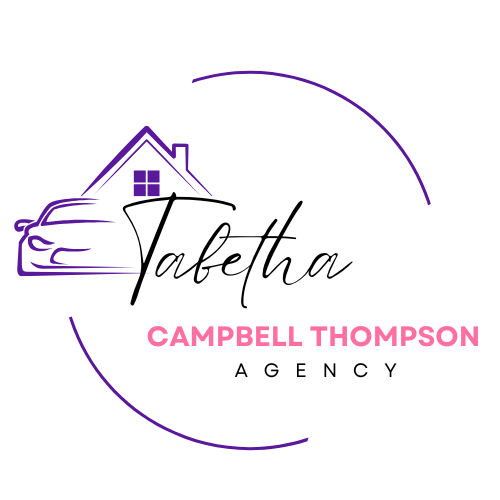Property & Casualty Insurance FAQ
Welcome! We’ve answered some of the most common questions new clients ask about home, renters, auto, flood, and umbrella insurance. Our goal is to make insurance simple and clear, so you know exactly what’s protecting your family and your assets.
Homeowners Insurance FAQs
Question 1: What is homeowners insurance and what does it cover?
Homeowners insurance is your safety net. It helps pay for repairs or replacement if your home or belongings are damaged by covered events like fire, theft, or certain storms. It also includes liability protection, which can cover medical or legal costs if someone is hurt on your property.
Question 2: What is dwelling insurance?
Dwelling coverage is “the walls and roof” protection. It pays to repair or rebuild your home’s structure, including walls, roof, and built-in features like cabinets and plumbing, if they’re damaged by a covered event.
Question 3: What is personal property coverage?
This protects the things that make your house a home: furniture, clothes, electronics, and more. If your belongings are stolen or damaged in a covered event, this coverage helps pay to replace them.
Question 4: What does homeowners liability insurance cover?
Liability coverage protects your wallet and peace of mind. If someone slips on your icy walkway or you accidentally damage a neighbor’s property, liability insurance can help cover medical bills and legal costs.
Question 5: What is other structures coverage?
This covers the “extras” that aren’t part of your main house, like sheds, fences, or detached garages.
Renters & Landlords Insurance FAQs
Question 1: What is renters insurance?
Renters insurance is protection for your stuff and your peace of mind. It covers your personal belongings if they’re damaged or stolen and includes liability protection if someone gets hurt in your rental.
Question 2: Can renters buy flood insurance?
Yes! Even if your landlord has flood coverage for the building, it doesn’t protect your belongings. Renters can buy their own flood insurance to protect what’s inside.
Question 3: What is renters liability insurance?
This protects you if someone is injured in your rental or if you accidentally damage someone else’s property — like an overflowing bathtub affecting the apartment below.
Auto & Motorcycle Insurance FAQs
Question 1: What is “full coverage” auto insurance?
Full coverage” isn’t a formal policy type — it’s a nickname for having liability, collision, and comprehensive coverage. Together, they protect you, your car, and others on the road.
Question 2: What is liability coverage?
Liability coverage pays for injuries or property damage you cause to others in an accident. It does not cover your own car.
Question 3: What does rideshare insurance cover?
Rideshare coverage fills the gaps between your personal auto policy and Uber/Lyft’s coverage. It protects you while you’re driving for the app but not actively carrying passengers.
Question 4: What happens if someone drives my car and gets into an accident?
Generally, insurance follows the car, not the driver. Your policy is usually primary, even if someone else is driving. But coverage can vary, so always check your policy.
Question 5: What’s the difference between collision and comprehensive coverage?
Collision covers damage to your car from hitting another vehicle or object.
Comprehensive covers damage from theft, vandalism, animals, and weather events like hail or falling trees.
Flood Insurance FAQs
Question 1: Do I need flood insurance?
Standard homeowners and renters policies don’t cover flooding. If you live in a flood-prone area or want peace of mind, flood insurance is a smart choice.
Question 2: What does flood insurance cover?
It helps repair or replace your home and belongings if they’re damaged by rising water from outside like heavy rain, storm surge, or overflowing rivers.
Question 3: How do I know if I’m in a flood zone?
FEMA offers a flood map tool, and our team can check your property’s risk. Even homes outside high-risk zones can experience flooding.
Umbrella Insurance FAQs
Question 1: What is umbrella insurance?
Umbrella insurance is extra liability protection. If a major accident or lawsuit exceeds your auto or home coverage limits, your umbrella policy can step in to protect your finances.
Life Insurance FAQs
Question 1: Why should I have life insurance?
Life insurance helps protect your loved ones financially if something happens to you. It can cover expenses like a mortgage, debts, college tuition, or daily living costs.
© 2025 Tabetha Campbell Thompson Agency Inc. All rights reserved. Privacy Policy | Terms
